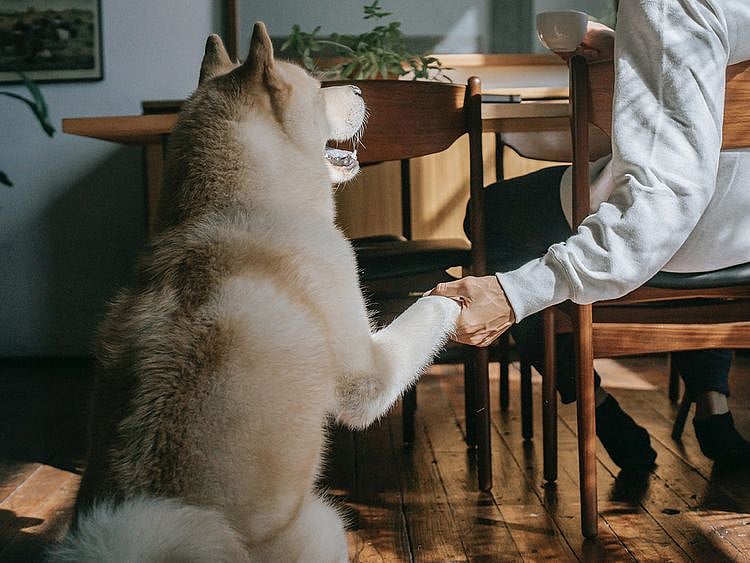Lessons from my college-going son, while we were home together
On the cold, rainy day we saw him off at the airport, I braced myself for the sadness

Three years ago, my husband and I said a teary goodbye to our son and began life as empty nesters. We never imagined as he set off for college that he’d be winging his way home because of a pandemic. Now that he’s returned to campus after 10 months with us, I’m realising what a gift it’s been to spend this unexpected time together.
When my son came back last spring, he continued his classes remotely, once again at his bedroom desk with his faithful study buddy (our Westie, Mac) by his side. We fell into familiar rhythms — meals together, walks around the city, long talks — but with one big difference: My son is now an adult. He’s also part of the postmillennial, politically aware generation born between the mid-1990s and early 2000s that includes environmental activist Greta Thunberg and gun control advocate Emma Gonzlez.
Covid-19’s inequality
In the past months, I’ve seen how my son’s activism has bloomed since he left home, during a gap year in Senegal and then two years at university. The ease I enjoyed with him before he left is still there, but our dinner conversations have revolved around Covid-19’s inequality, racial violence, representation in politics and the media, paths forward for the new administration, my son’s census outreach and voter registration work on campus.
I’ve also seen a shift in our everyday interactions. On a sunny afternoon, we met at Starbucks, usually one of our favourite things to do. But when I ordered an iced latte and asked my son what he wanted, he replied, “Nothing for me.” He preferred not to patronise megacompanies like Starbucks and would get something at the independently owned cafe across the street. He reminded me not to use my straw.
Because of the pandemic, my son’s plan to study in Ghana was cancelled, so I offered him a job as my assistant. Busy with Zoom meetings, virtual town halls, and phone banking for a progressive Democratic candidate (an underdog who ended up winning), he decided to take the job so he could make money to donate to the candidates he supports.
Politically correct terms
My friends and I share stories about this generation of “kids”: the arguments over defunding the police, how much is appropriate to share on social media, whether it’s OK to use the term “politically correct” (our kids tell us no, because it implies it’s acceptable to refrain from saying certain things to keep up appearances while continuing to harbour offensive views).
Children of the 60s and 70s, my friends and I consider ourselves open-minded and in tune with the times but, interacting with our offspring, we wonder how true this is.
I used to think I remembered what it was like to be my son’s age, but in many ways, I can’t, because he’s entering adulthood with a radically different awareness. Thanks to the internet and social media, young adults are hyper-informed, always connected, and conscious of the power they have to reach out globally.
In the post-9/11 world they’ve grown up in, an era of increasing gun violence, environmental crisis, hunger and homelessness, they know they can do something to make a difference. They’re not satisfied to simply hope for social revolution — they want to lead it.
Back for the spring semester
My son’s university invited the students back for the spring semester, so he packed his bags and left home again. On the cold, rainy day we saw him off at the airport, I braced myself for the sadness I felt the first time we said goodbye. But instead, I felt gratitude for these months we’ve had together.
Just as these young adults are coming into their own, their lives have been put on pause. But their idealism hasn’t. I think about how proud my Tibetan grandparents would be of their grandson. They believed in doing all the good you can in all the ways you can.
Getting to know my son as the young man he’s become — and being inspired by his hope and commitment during this tumultuous time — is a great privilege. One day when our discussion at dinner grew heated, I told him I don’t want our relationship to be adversarial. He said, “We’re not against each other! We’re side by side.”
Ann Tashi Slater recently finished a memoir about reconnecting with her Tibetan roots.
Washington Post
Sign up for the Daily Briefing
Get the latest news and updates straight to your inbox
Network Links
GN StoreDownload our app
© Al Nisr Publishing LLC 2026. All rights reserved.